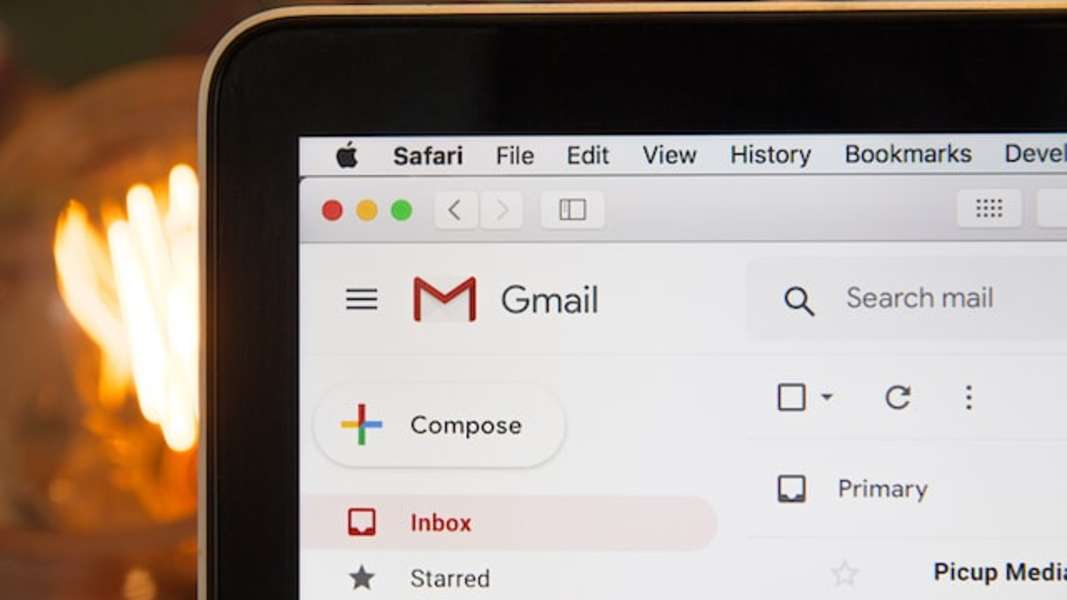
How To Conduct A Thorough Reference Check When Hiring
February 20, 2023

Hiring the right person for a job is crucial to any organization's success, but it's also a challenging process. That's because it's difficult to truly assess a candidate's suitability based on their resume and interview performance alone.
Conducting a thorough reference check can help. By talking to the right people, and asking the right questions, you can gain valuable insight into a candidate's skills, professional behaviors and work ethic, giving you more of the information you need to make an informed hiring decision.
What is a reference check?
A reference check is the process of contacting a candidate's past employers to verify information provided in their application - like job title, duties and duration of service. More importantly, it's an opportunity to question those with first-hand experience about that candidate's performance.
An employer or recruiter will typically ask questions about responsibilities, accomplishments, strengths and weaknesses, with the purpose of better determining how well-matched an individual is to both the role and the organizational culture of the business.
In doing so, they may also uncover valuable information yet to come to light throughout the recruitment process.
Why is a reference check important?
In a recent survey by StandOutCV, 55% of American job seekers admitted to lying on their resume, providing false information on work history, skills and qualifications. Of those that lied, 17.4% were only caught out after being offered or starting a job, and 30% were never caught at all.
Conducting a thorough reference check helps employers confirm the accuracy of a candidate's resume, cover letter and interview responses. It can also reveal crucial information about past work performance, work habits, communication skills and character.
It's a critical step in the recruitment process because it reduces the risk of unqualified or unsuitable candidates being offered a job - and when you consider the overall cost of recruitment, this can be a very expensive mistake to make.
How to conduct a reference check
Too many hiring teams rely on a generic reference check template that is sent off without much thought or consideration. This is very much a wasted opportunity that adds no value to recruitment.
To conduct a thorough reference check that results in insightful feedback, follow the steps below.
Step 1: Ask candidates to provide their reference's contact details
The first step in conducting a reference check is to request the contact details of a candidate's professional references. It's common to ask for two or three of these to get a well-rounded opinion.
Ideally, references will be a past employer or supervisor, though colleagues may also be acceptable in some circumstances. If the candidate in question has limited work experience, a college or university tutor may step in.
It's important to ask for contact details early in the recruitment process so you have plenty of time to conduct a thorough check.
Step 2: Prepare Relevant Questions
Next, you'll need to prepare a list of questions to ask them. These should focus on the candidate's skills, work history, work habits and personality. Try to stick to open-ended questions that encourage a detailed answer rather than a simple yes or no.
It's also important to make sure they're relevant to the job you're hiring for. Think about the responsibilities involved, the attributes your ideal candidate would have and the environment they'll be working in, then build your questions out from there.
Step 3: Reach Out to References
With your list of questions prepared, you need to reach out to the candidate's given references to arrange a conversation. You want to approach this carefully and build a good relationship with each one from the outset. This way, they'll be much more inclined to help you.
Introduce yourself via email or phone, clearly explaining who you are and why you're getting in touch. Ask them if they'd be happy to provide a reference, confirming their preferred method of communication and when the ideal time would be to contact them with your questions.
Keep your tone professional, respect their schedule and avoid contacting them outside of business hours.
Step 4: Document the Conversation
Accurately documenting a reference check ensures a hiring decision is made on relevant and reliable information. If the process is completed via email you'll automatically get a documented account, but if it's via phone or video call you'll need to take detailed notes during your conversation.
Write down both positive and negative comments made by the referee, as well as specific examples that support those comments. You should also note down your own observations and insights.
Keep in mind that a reference is given in confidence (though a candidate can request a copy from you if they wish). As a common courtesy, ask the referee if they consent to you sharing their feedback with other members of your hiring team, and the candidate themselves.
Step 5: Analyze Responses
The final step is to analyze the information gathered through your reference checks. Take the time to review your notes from each conversation and identify any common themes or concerns that arise.
Compare the reference feedback with the candidate's application form or resume, and their interview performance to determine if there are any inconsistencies.
If all the information matches up and is overwhelmingly positive, you've likely found yourself a good candidate. However, if there's any disparity between what an applicant and their references have told you, or anything alarming has come to light, you'll need to reconsider their suitability.
What questions should you ask when conducting a reference check?
When conducting a reference check, it's important to tailor your questions to each individual candidate, basing them on the specific role to be filled and the applicant's unique experience.
However, some common topics to cover in your questions may include the candidate's job performance, work habits, strengths, weaknesses and overall suitability for the role.
To gain specific insight into a candidate's job performance, you may ask questions such as:
- Can you describe the candidate's job duties and responsibilities?
- How did they perform in their previous role?
- What were their biggest accomplishments?
- Can you provide examples of how they demonstrated their knowledge or a specific set of skills?
- What was the candidate's work style and how did they fit in with their team?
To gather information about the candidate's work habits, character and emotional intelligence, you may ask questions such as:
- How did the candidate handle stress or pressure in their previous role?
- How did they communicate with their colleagues and supervisors?
- Did they show initiative or ever go above and beyond their duties?
- Did they have any weaknesses or areas of improvement they sought to work on?
As mentioned, it's essential to ask open-ended questions that encourage the referee to provide detailed responses. You should also ask follow-up questions if you find anything unclear, or feel you haven't obtained sufficient information.
Pros and cons of reference checks
Whilst reference checks are indeed a valuable tool for employers, there are some potential drawbacks to consider, though these are generally outweighed by the advantages. Here's a look at some of the pros and cons.
Reference check Pros
They provide additional information: a reference check can provide insight into a candidate's work history, job performance, and character beyond what is provided on their resume or revealed in an interview.
They validate information: a reference check can help verify the accuracy of the information provided by the candidate on their application or resume, ensuring that they have the necessary skills and experience for the job.
They identify potential issues: a reference check can reveal any red flags or areas of concern that were not apparent during the interview process, such as poor job performance or conflicts with coworkers.
They help build strong teams: reference checks help ensure a candidate is a good fit for the company culture and work environment, reducing turnover and thus building strong, capable teams.
Reference Check Cons
They can provide limited information: a referee may choose to only provide certain information, or be reluctant to offer negative feedback, which can limit the usefulness of the reference check.
They may result in biased feedback: the referee may have a personal relationship with the candidate, which can lead to biased feedback that does not accurately reflect their job performance.
They're time-consuming: conducting thorough reference checks can be a time-intensive process, particularly if multiple references need to be contacted.
There are legal concerns: employers must be careful to conduct reference checks in compliance with legal guidelines to avoid potential lawsuits for discrimination or defamation.
Reference check tools
One of the downsides we mentioned is the time it takes to complete multiple reference checks. Thankfully, there are resources available to help streamline the process, including:
- Online reference check services - these services can be used to automate the reference check process and provide a centralized platform for storing and analyzing reference feedback.
- Applicant tracking systems - many applicant tracking systems include features for conducting reference checks, such as the ability to send automated reference check requests and track responses.
- Reference check templates - there are pre-written questionnaires or templates that employers can use to guide their reference check conversations. Remember though, it's important to tailor questions to each specific job and candidate.
You may also find some talent sourcing and recruitment apps have features available that make for more efficient reference checks.
Key takeaways
A reference check is an important part of the recruitment process that allows employers to verify information given on an applicant's resume and in their interview responses.
Done thoroughly, it is also an opportunity to gain valuable insight into a candidate's workplace behaviors, skills and performance. This can either help to confirm their suitability or alert hiring teams to issues as yet undiscovered.
Whilst it can be time-consuming, it's well worth taking the proper steps in the reference check process to reduce the risk and associated cost of a potentially bad hire.
Boost your hiring power.
Start using Neuroworx today.
Talk is cheap. We offer a 14-day free trial so you can see our platform for yourselves.
Try for free




